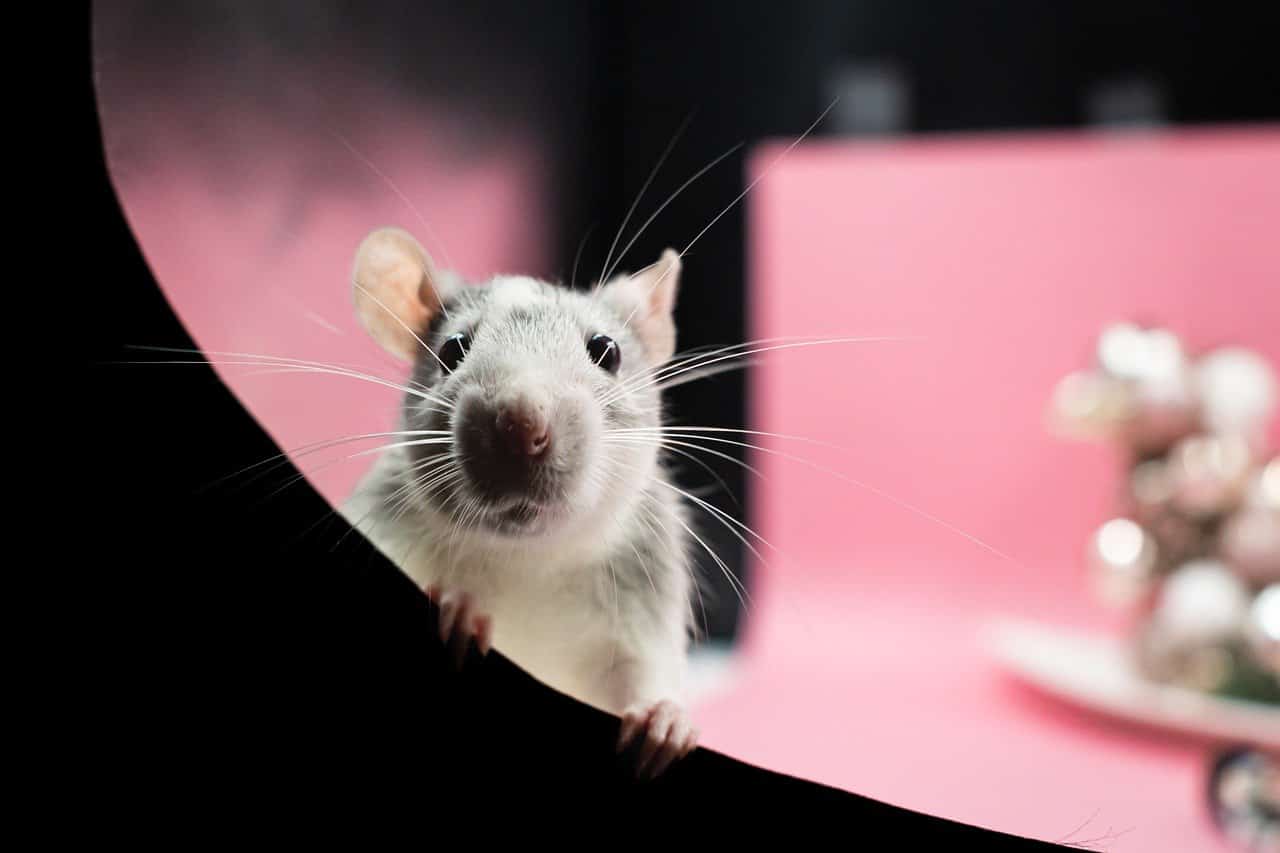
An international group of researchers led by Leiden University Medical Center (LUMC) have found that patients prescribed a drug according to their personalised ‘DNA medication pass’ experienced thirty percent fewer serious side effects than those given standard doses. This is the first study demonstrating practical application in this field, LUMC writes in a press release.
The study, published in The Lancet, was coordinated by Henk-Jan Guchelaar, Professor of Clinical Pharmacy at LUMC. Approximately seven thousand patients from seven European countries were assessed over several medical specialities, including oncology, cardiology, psychiatry and general medicine.
DNA medication pass
The research team looked at 12 specific genes and 50 types of genetic variants that could affect how the 39 selected drugs worked. The patients’ DNA was mapped and the results were used to create a ‘DNA medication pass’, which enabled doctors and pharmacists to determine the optimal medication dose for the individual being treated.
The study found that those who actively made use of the medication pass experienced thirty percent fewer serious side effects than those prescribed a standard dose of medication. Up to twelve weeks after initiating treatment, patients were contacted by a nurse specialist who enquired about their side effects.
Not only did the ones holding the DNA medication pass experience fewer side effects, but they also expressed great satisfaction with the pass itself. According to the researchers, the pass gives patients the feeling of being more in control, as they become actively involved in their personalised treatment.
“For the first time we have proven that a ‘tailored’ strategy works at a large scale within clinical practice,” said Professor Guchelaar. “There is now enough evidence for us to proceed with implementation.”

Personalised medicine
Personalised medicine is an emerging field that offers treatments tailored to an individual’s genetic information. It is based on the principle that some people respond differently to certain medications due to variations in their genetic makeup. In some cases, this can mean that individuals require higher doses of drugs than standard prescriptions.
The ‘DNA medication pass’ developed by the Leiden University Medical Center researchers is one way to ensure patients receive the correct dose for them. Scanning the pass enables doctors and pharmacists to know what dose is best for an individual patient.
Moving forward
“This study provides a good foundation to make use of the DNA medication pass,” said Professor Jesse Swen. “We want to move towards mapping the DNA of every patient who comes to the pharmacy. In this way, we can make treatment more effective and safer for each patient.”
The next step for the researchers is to figure out how to implement this practice into standard care. Questions such as whether or not it should be reimbursed must also be answered. It remains to be seen if this will become part of standard care moving forward.








